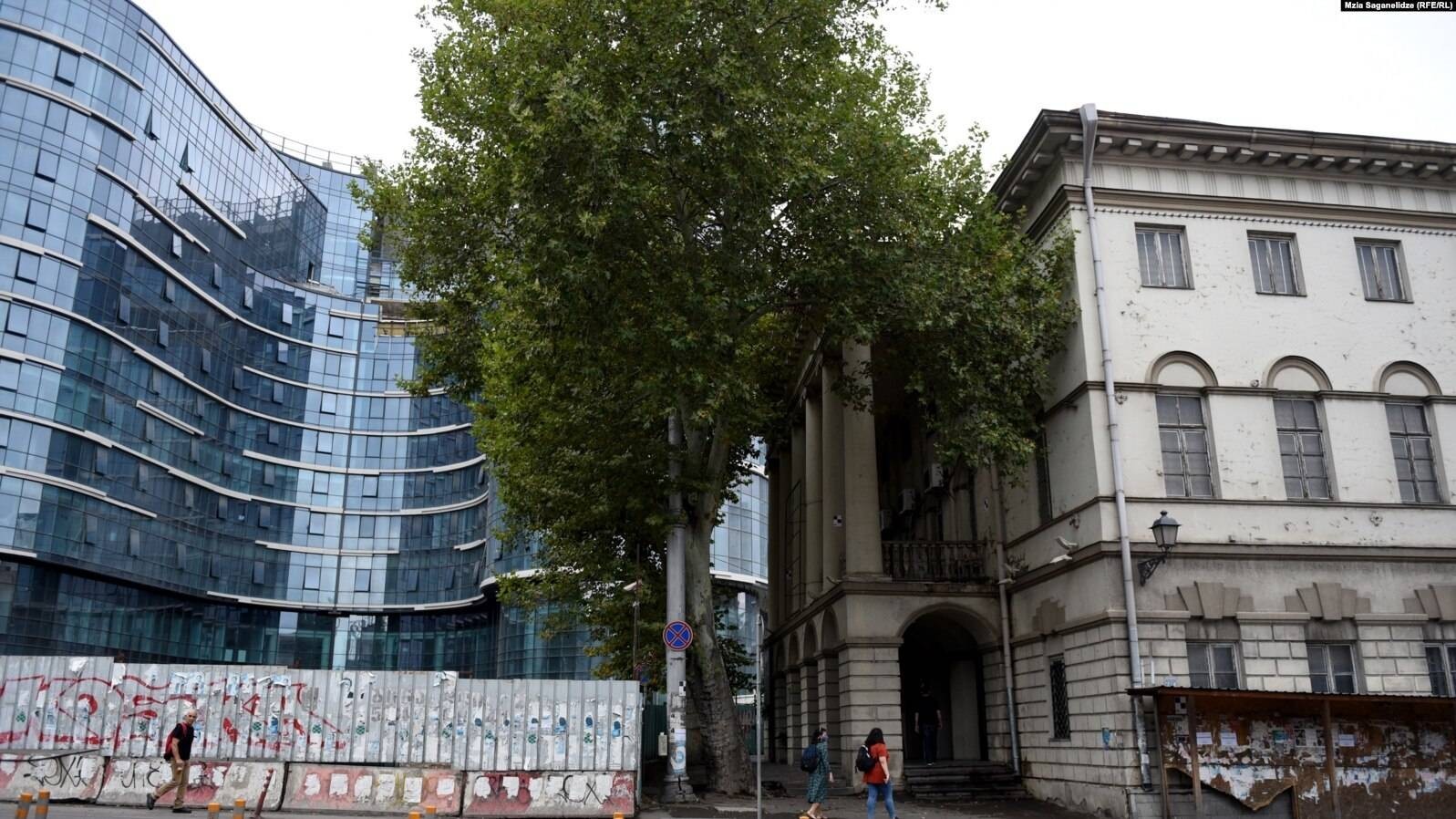საერთო ცხელი ხაზი +995 577 07 05 63


Following the appointment of Tea Tsulukiani as the Minister of Culture, Sports and Youth, a reshuffle and large-scale changes began in the institutions subordinated to the Ministry of Culture, which finally took the form of staff persecution. At this stage, a total of 70 employees have been fired from the National Agency for Cultural Heritage Preservation and the Georgian National Museum, and dozens of outstanding employees continue to work in various positions in the same system under the fear of dismissal. Social Justice Center, GYLA, and ISFED will present the interests of some of those fired in court, based on the fact that the employees expressed their professional and different positions regarding the significant changes planned by the new minister resulted in unjustified and discriminatory dismissal.
The dismissed people emphasize that the main staff persecution started when Nika Akhalbedashvili, a lawyer who worked at the Ministry of Justice during Tea Tsulukiani's ministry, was unfairly appointed as the director of the" Museum". They also express protest about the fact that before the reorganization, lawyer Levan Khizanishvili was selected as the acting head of the National Agency for Cultural Heritage Preservation of Georgia, and then the former head of the General Inspection Service of the Ministry of Culture Nikoloz Aznaurashvili was appointed on the same position.
It should be noted that the reorganization process started in the Museum and the Agency after the arrival of the new managers. According to the dismissed persons, the reorganization of these institutions was conducted in an unfair and non-transparent manner. In the case of the Agency, interview processes were not attended by the field professionals. Instead, Nikoloz Aznaurashvili and Vladimer Gabodze, an Agency freelance employ were invited as experts, who had inappropriate qualifications and improper education for this position. For many employees, participation in the competitions held by the commission of the mentioned composition was unacceptable.
According to the dismissed persons, the only reason for their dismissal is the personnel policy of the new minister and the renewed administrations in the Ministry of Culture, which conducts reorganization not on the grounds of qualification, but only to maintain loyal employees.
It should be noted that for the first resistance to minister Tsulukiani's policy arose at the level of the National Museum, among the people who were in solidarity with the idea of the Georgian National Museum and signed a petition drawn up by the initiative group“ For Fine Arts Museum" - about saving the historic building, unfair personnel policy, and non-disclosure of public information. Today, almost all the signatories of the petition have been dismissed from the Museum, as well as from the National Agency for Cultural Heritage Preservation.
It should be noted that the new minister has manipulative leverage, through which she tries to intimidate dismissed or demoted employees for them to refrain from appealing to the court. For example, one person under the protection of the Social Justice Center, who was appealing the position demotion (as a result of illegal demotion), was later dismissed, after being involved in the organized resistance of the demoted and dismissed employees.
In addition, on January 22, the minister voiced groundless accusations against the dismissed persons in a TV interview with the Public Broadcaster, which, according to our assessment, meant threats to start investigative actions if the dismissed persons resorted to the legal actions. In response to the statement, dismissed employees clarified that the facts mentioned by the minister were either not related to the official functions of a particular employee mentioned by the minister or were not in any way related to their work. For example, the minister made accusations against employees of the Museum regarding the exhibits that were transferred from the Museum to various organizations in the 1950s-1990s and this was already a given at the time of appointment of these employees. Also, the minister unfairly linked the engineering-technological problem related to the roofing of the Gelati Monastery complex with the position of the head of the cultural heritage research service of the National Agency for Cultural Heritage Preservation, Mr. Giorgi Gagoshidze.
We would like to remind society that the highest-level specialists of the museum and cultural heritage protection have been dismissed. The professional reputation, scientific degree, and qualification of each of them are well known in professional circles. Consequently, the dismissal of qualified professionals on this scale is inexplicable and a decision that causes significant damage to the field of culture.
Social Justice Center, GYLA, and ISFED will continue to provide legal support to illegally dismissed employees and prepare new lawsuits aimed at protecting their interests. We call minister Tsulukiani to stop the persecution of highly professional personnel of the field of culture due to their professional and different opinions and take into account the demands of organized resistance of the dismissed employees, to allow people with relevant competence and experience to continue their work to protect the cultural heritage monuments, museum exhibits and national treasures of Georgia.
The website accessibility instruction